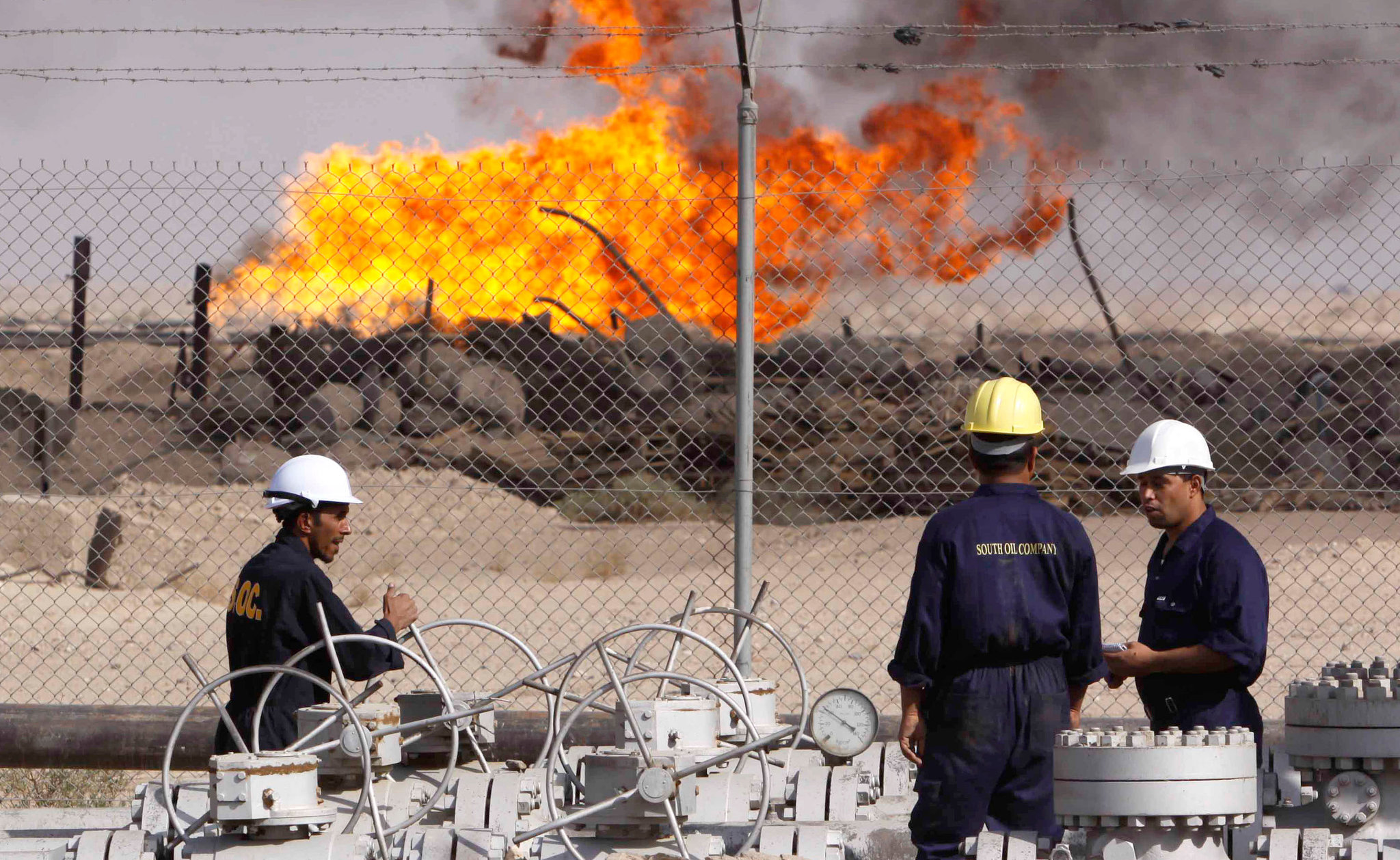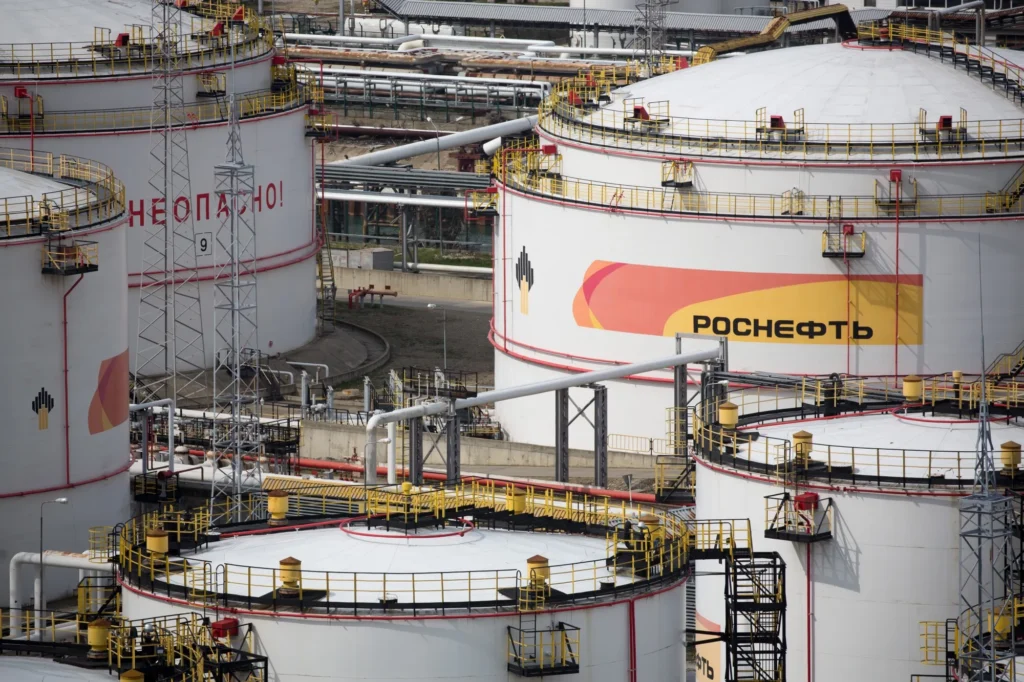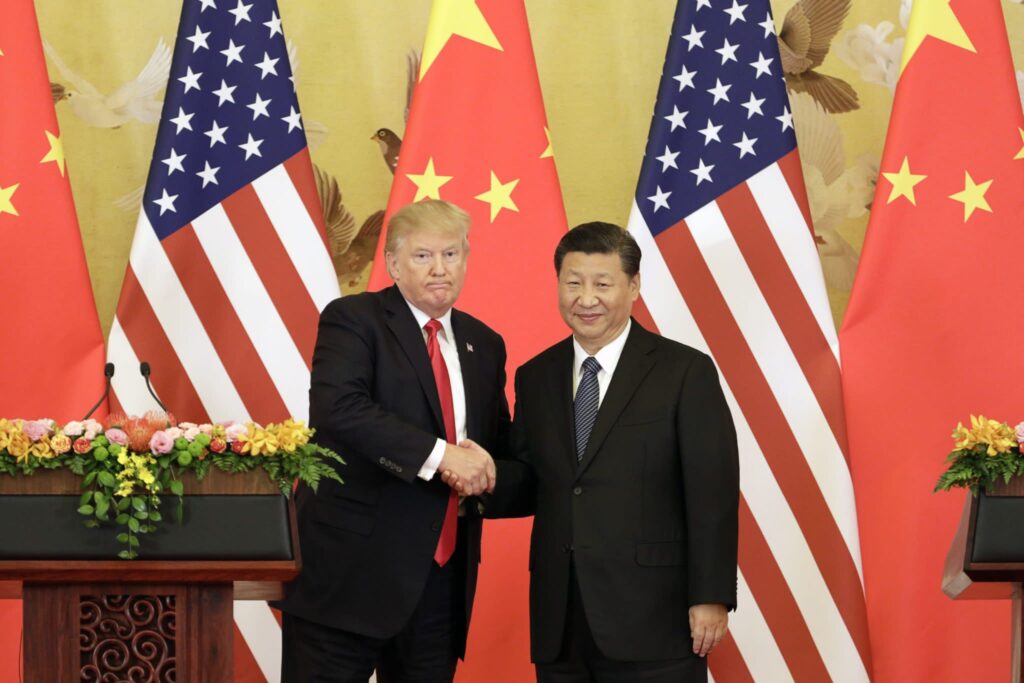Is China Poised to Seize Control of Iraq’s Crucial Oil Infrastructure from Western Powers?

Iraq’s energy sector stands at a pivotal crossroads as China deepens its footprint in one of the country’s most vital oil projects—the Common Seawater Supply Project (CSSP). This massive infrastructure initiative, essential for sustaining and expanding Iraq’s oil output, has recently been awarded in a $2.5 billion contract to a Chinese construction giant linked to the China National Petroleum Corporation (CNPC). The move is raising eyebrows among Western stakeholders and analysts, fueling speculation that Beijing is positioning itself for a strategic takeover of Iraq’s oil lifeline.
The Strategic Importance of the Common Seawater Supply Project
The CSSP is far more than just an infrastructure endeavor—it is the linchpin for Iraq’s ambitious plans to boost crude production by millions of barrels per day. Iraq’s oil fields, primarily located in the southern region around Basra, rely heavily on seawater injection to maintain reservoir pressure and maximize extraction efficiency. With domestic freshwater supplies insufficient and increasingly strained, the CSSP’s role in supplying millions of cubic meters of seawater daily is indispensable.
Completion and expansion of the CSSP will directly unlock new production capacities, enabling Iraq to meet both OPEC commitments and its own economic development goals. As such, control and management of the project translate into significant influence over Iraq’s energy future and revenues that underpin the country’s fragile economy.
China’s Growing Role in Iraq’s Oil Sector
Chinese companies have steadily increased their presence in Iraq’s oil and gas industry over the past decade. Today, firms linked to CNPC manage roughly a third of Iraq’s proven reserves and account for about two-thirds of its current oil production—a remarkable market share in a country historically dominated by Western oil majors and national companies.
The awarding of the $2.5 billion contract for the CSSP to China Petroleum Engineering & Construction Corporation (CPECC), a CNPC subsidiary, cements China’s central role in critical upstream infrastructure. Beyond construction, Chinese entities are also involved in operations, maintenance, and technology transfer, embedding themselves deeper into the oil value chain.
Western Concerns and Strategic Implications
The project’s transfer to a Chinese firm is perceived by many in Washington, London, and Brussels as a sign that China is gradually eclipsing Western influence in Iraq’s energy landscape. Historically, Western companies—such as BP, ExxonMobil, and Shell—held dominant stakes and managed key projects, often accompanied by significant diplomatic leverage.
China’s approach, which combines financing, infrastructure development, and long-term operational involvement, contrasts with the more transactional contracts of Western firms. This comprehensive engagement model is seen by analysts as a deliberate effort to secure lasting strategic footholds in the Middle East’s most oil-rich country.
Economic and Geopolitical Drivers
For Iraq, Chinese investment offers substantial advantages: access to capital, technical expertise, and a willingness to engage in large-scale projects with fewer political conditions attached. Beijing’s ‘no strings attached’ investment philosophy appeals to Baghdad’s desire to diversify partnerships and reduce dependency on Western powers amid shifting geopolitical dynamics.
At the same time, China’s energy security imperatives—driven by its immense and growing oil demand—motivate its commitment to securing stable, long-term supply sources. Iraq’s vast reserves and production capacity fit perfectly within Beijing’s broader Belt and Road Initiative and global resource acquisition strategy.
Challenges and Risks Ahead
Despite the promising outlook, challenges abound. Iraq’s political instability, corruption, security concerns, and bureaucratic hurdles remain significant obstacles to project execution and long-term investment. Moreover, escalating U.S.-China tensions in the Middle East could complicate cooperation and introduce risks for all parties involved.
Western governments and firms may respond by stepping up diplomatic engagement or seeking new partnerships to counterbalance China’s influence. Conversely, China’s deepening involvement could accelerate infrastructure modernization and output growth if it manages risks effectively.
What This Means for the Future of Iraq’s Oil Sector
China’s $2.5 billion contract for the CSSP signals more than just a business transaction—it represents a strategic shift in the control and development of Iraq’s energy resources. If Beijing consolidates its position, it could redefine the balance of power in Iraq’s oil industry, diminishing Western dominance and reshaping regional energy geopolitics.
For Iraq, navigating this transition successfully will require balancing foreign partnerships, safeguarding national interests, and leveraging investments to foster sustainable economic growth. The CSSP could become a litmus test for whether China’s growing influence translates into tangible benefits for the country—or if it exacerbates existing challenges in a highly complex environment.



















